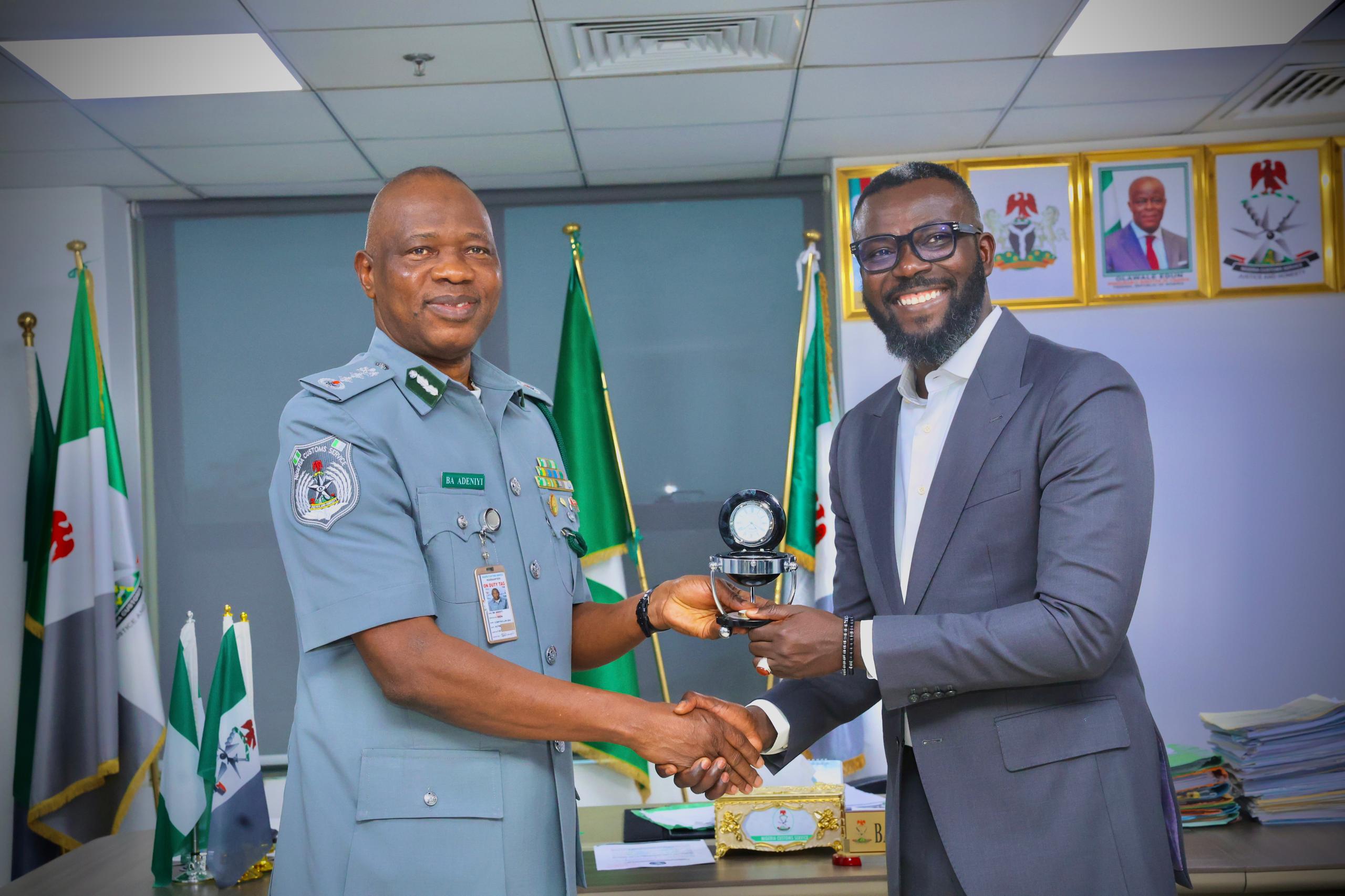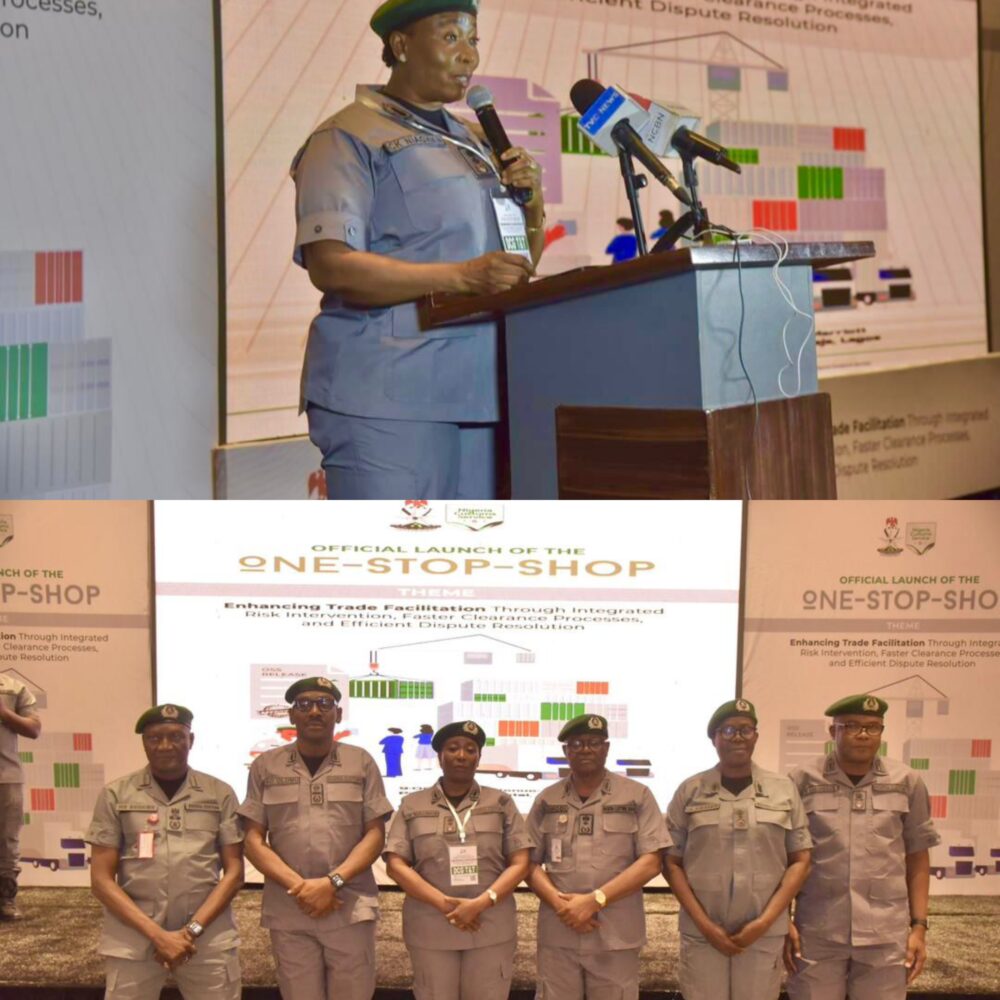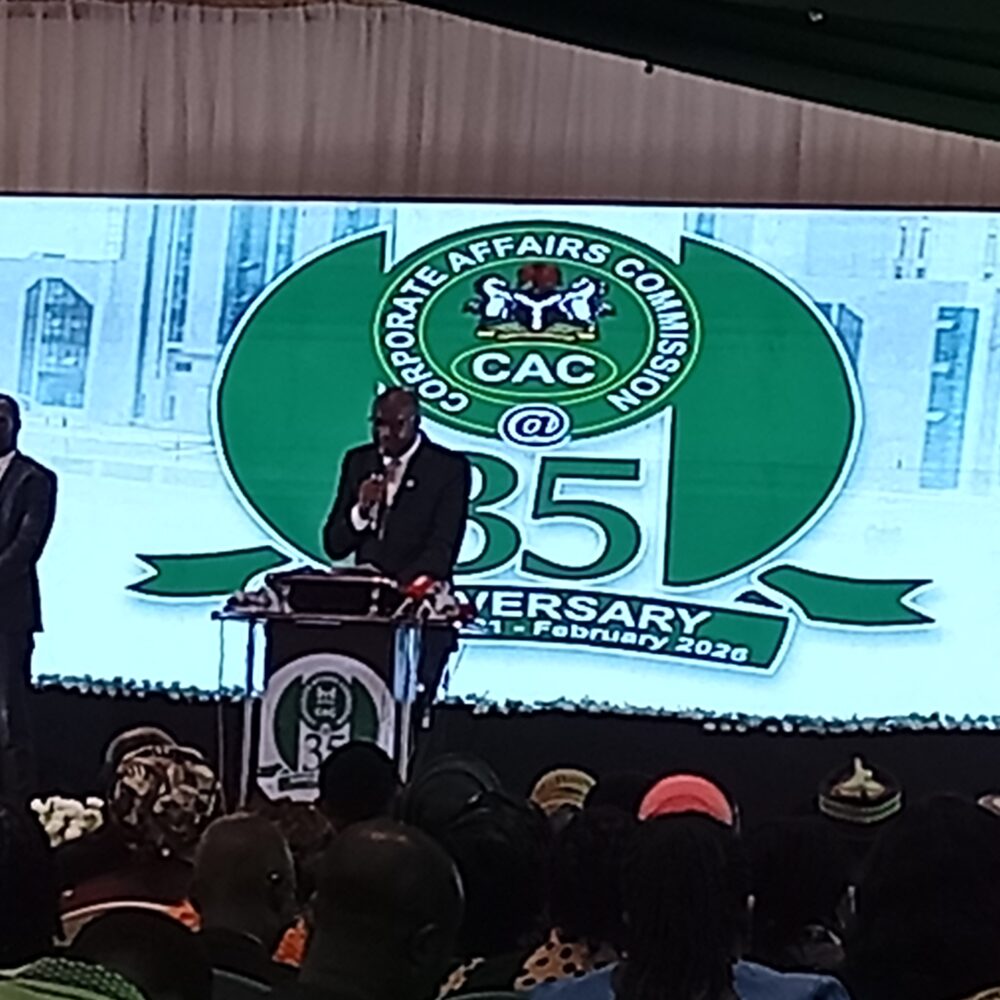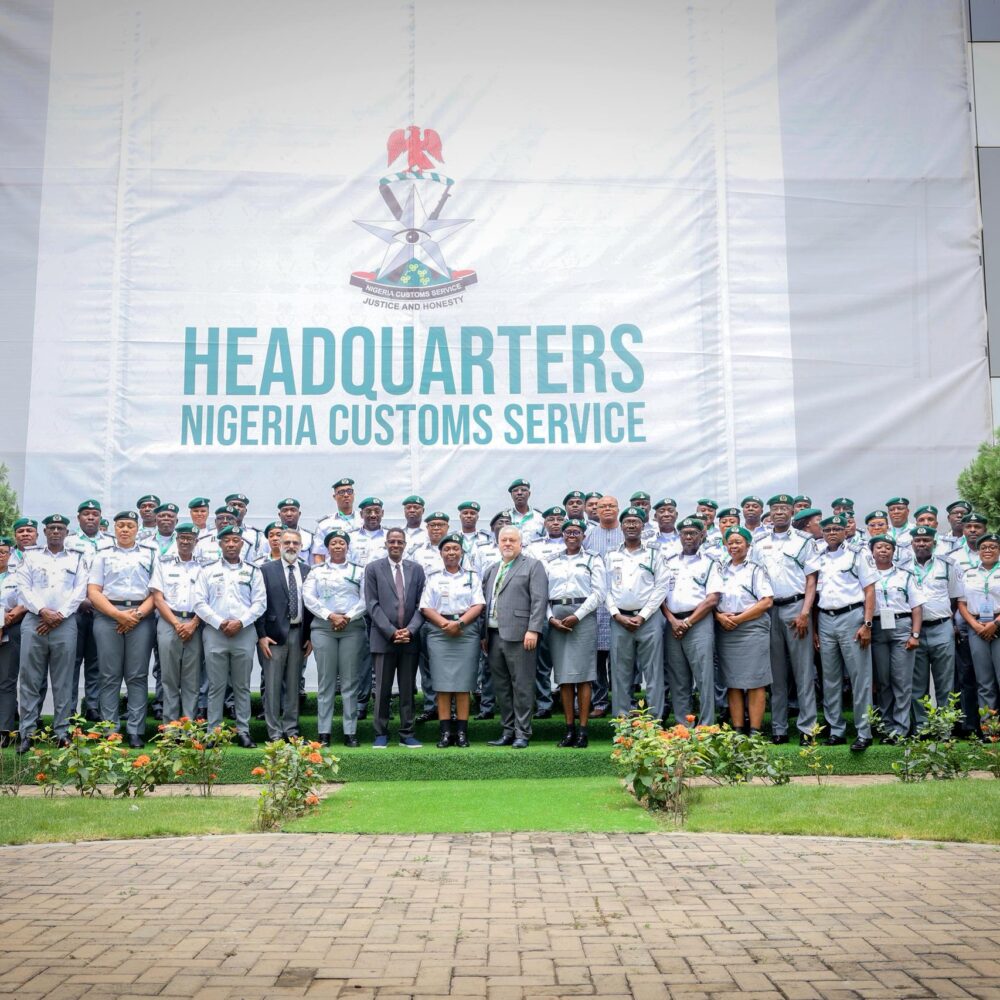The Nigeria Customs Service (NCS) has reaffirmed its commitment to tackling drug trafficking and transnational organised crime through a renewed collaboration with the United Nations Office on Drugs and Crime (UNODC). This was disclosed by the Comptroller-General of Customs (CGC), Bashir Adewale Adeniyi, on Tuesday, February 4, 2025, during a meeting with a UNODC delegation led by its Country Representative, Cheikh Toure, at the Customs Headquarters in Maitama, Abuja.
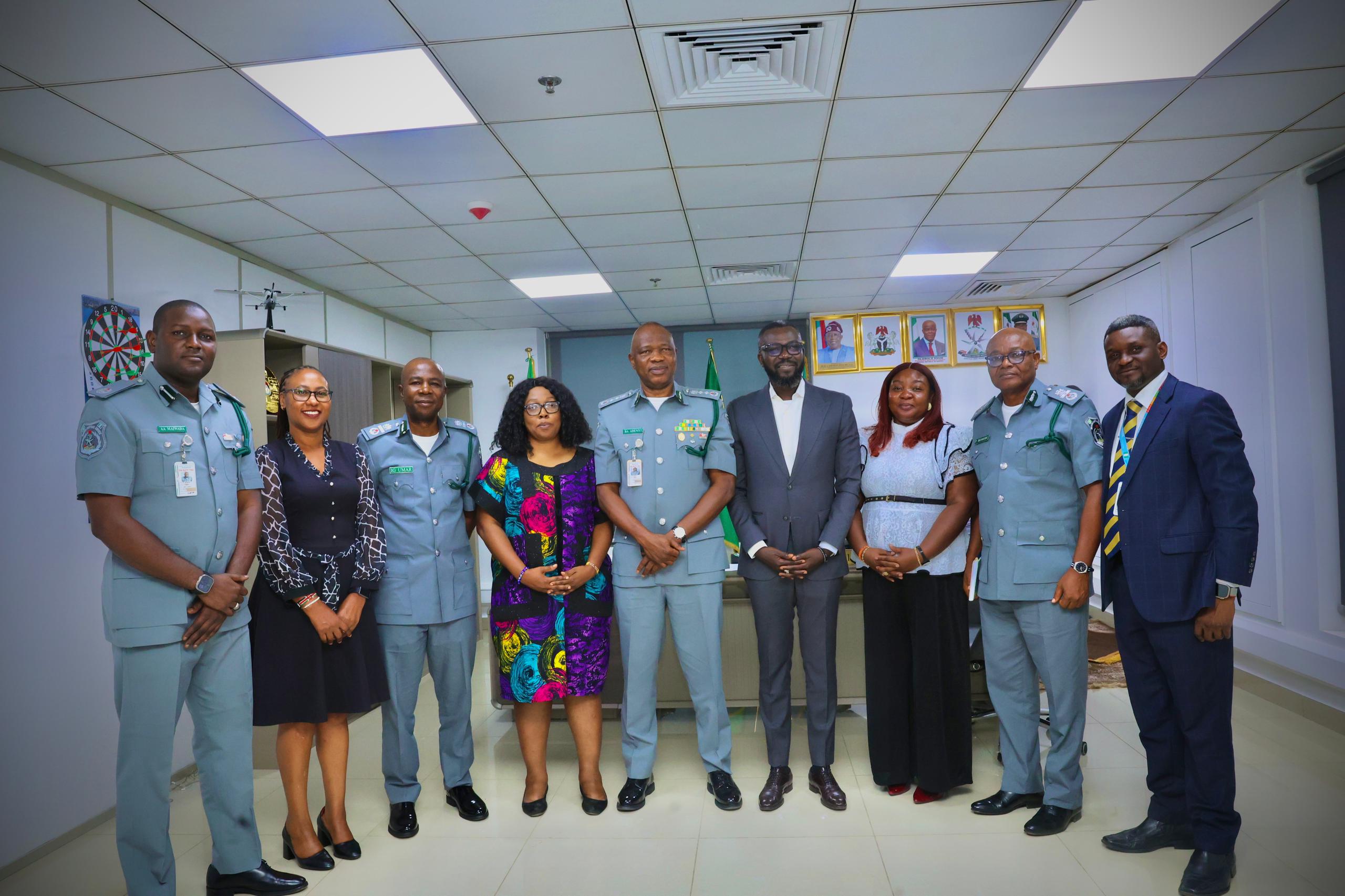
CGC Adeniyi emphasized the vital role of the NCS in curbing drug-related crimes, which he described as a significant threat to national security. He pointed out that the rampant use of illicit substances by criminal elements and the rise of drug abuse among Nigerian youths are major challenges that need urgent attention.
“There are no bandits or terrorists who operate without drugs. Nigeria is no longer just a transit point for illicit substances many criminals within the country are actively using them. Drug abuse among youths has also become a serious concern, with some even portraying it as fashionable,” Adeniyi said.
He revealed that the NCS had intensified efforts to ensure that seized drugs are immediately destroyed, preventing their re-entry into circulation. To date, more than 71 containers of illicit substances have been destroyed, with plans to continue nationwide.
Adeniyi also raised the importance of intelligence-sharing with international partners, noting that UNODC’s global network has been crucial in identifying smuggling routes and trafficking methods.
In addition to strengthening enforcement efforts, CGC Adeniyi expressed concerns about the environmental impact of burning confiscated drugs. He called for the introduction of modern incineration technologies to ensure that the destruction of seized drugs is safe and sustainable.
Adeniyi also revealed that Nigeria will host the World Customs Organization (WCO) Regional Donor Conference in April 2025, an event aimed at enhancing Customs operations and regional security collaboration. The conference, which will bring together 23 Customs administrations and key development partners, will focus on improving intelligence-sharing, boosting operational capacity, and exploring new strategies to address emerging security challenges.
“We look forward to UNODC’s active participation, as the conference will provide an opportunity to showcase its contributions to Nigeria and the region while identifying new areas for collaboration,” Adeniyi stated.
In his response,Cheikh Toure, UNODC’s Country Representative, commended the NCS for its continued efforts in fighting drug trafficking and organised crime, noting that Customs officers in Nigeria are some of the most highly trained professionals in Africa when it come to detecting illegal activities.
Toure reaffirmed UNODC’s continued support for the NCS, particularly in the areas of training, intelligence-sharing, and crime prevention.
“Customs officers are among the most highly trained professionals in Africa when it comes to detecting illegal activities, and they play a key role in the fight against transnational organised crime,” Toure stated.
He added that while the NCS-UNODC collaboration has been effective in the past decade, it is crucial to move beyond training and focus on implementing intelligence-driven interventions at ports, seaports, and airports.
Toure also stressed the need for regional collaboration in combating drug trafficking and organised crime, noted that criminal networks often operate across multiple countries. He cited the example of a drug trafficker expelled from Ghana, who would likely relocate to Côte d’Ivoire, Mali, or Nigeria to continue illicit operations. Toure emphasized that regional strategies are essential to effectively address these challenges.
He concluded by acknowledging Nigeria’s leadership role in Africa in promoting border security and combating organised crime, citing Nigeria’s support for countries like The Gambia, Sierra Leone, and Liberia in improving enforcement capacities.


